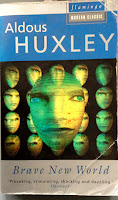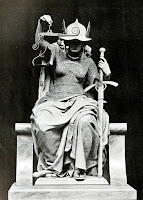My letters
(This is a collection of my letters to media over the years) The letter below to "Philosophy Now" was published in Issue 108 (June/July 2015) of the magazine. Dear Editor: A number of the articles in Issue 106, and also Grant Bartley’s Editorial , tend to reinforce the premise that human beings are “reasoning animals.” It is also indisputable that our philosophical reasoning is based on logic. Moreover, as Bartley points out, logic “is concerned with what is thinkable through language.” But we do not all speak the same language. Language being a system of symbols, each language could possess different sets of symbols, or the meaning attributed to a symbol may differ from one language to another. Do these limitations of language and mathematics also restrict the efficacy of logic, thus constraining our understanding of the world? This thought echoes Kant’s caution that our inability to accommodate the illogical could limit our comprehending the world beyond our minds. Th




